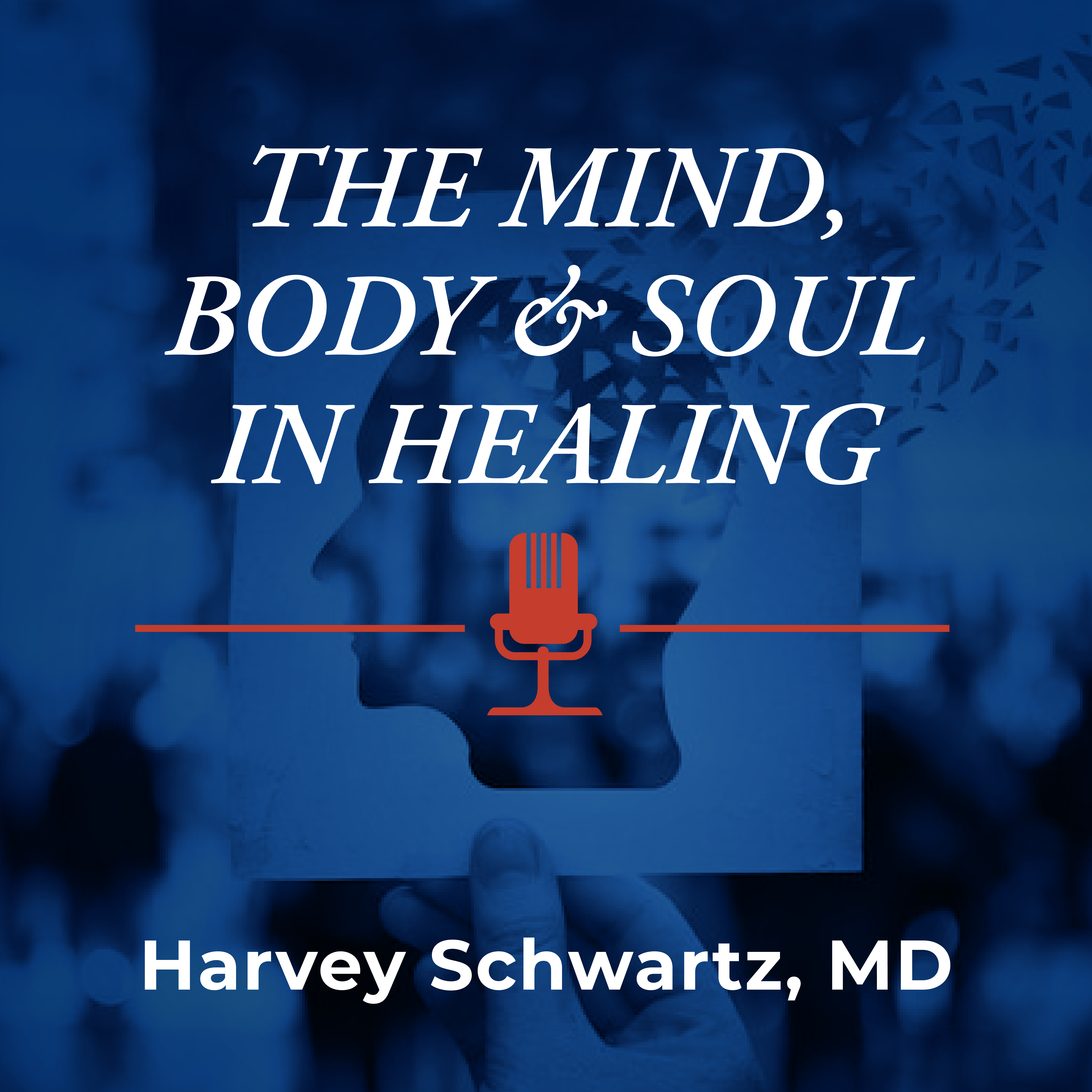
“I write a lot about stuckness – it’s not just how bad the thing is but whether it’s changeable and flexible – whether the patient is at least occasionally able to get out of that perspective and see things differently. For patients who are really stuck, sometimes I would give them medicine and continue psychotherapy. After six or seven months of having a different perspective, if the medicine worked, we will often be able to taper the medicine and the patient could reach at least some awareness that that fixed perspective wasn’t simply the way things were.”
Episode Description: We begin by describing severely afflicted patients for whom the use of medications is a vital part of their overall treatment. We then discuss individuals for whom medications can address psychological ‘stuckness’ that is not otherwise life-threatening. These are patients who are struggling with impulsiveness and ruminations that have led them to be withdrawn from a full life of interests, intimacy, and pleasures. Listening to Prozac published in 1993 drew attention to the usefulness of these new medicines to make a difference in the lives of such individuals. We review the challenges of ‘having medicine as a co-therapist’ which can often involve split treatments with other providers. We close with Dr. Kramer’s reflections on his many years of practice.
Our Guest: Peter D. Kramer, MD is the author of seven books, including Ordinarily Well, Against Depression, Should You Leave?, the novel Spectacular Happiness, and the international bestseller Listening to Prozac. Dr. Kramer hosted the nationally syndicated public radio program, The Infinite Mind, and has appeared on the major broadcast news and talk shows, including Today, Good Morning America, Oprah, Charlie Rose, and Fresh Air. His essays, op-eds, and book reviews have appeared in the New York Times, Wall Street Journal, Washington Post, Slate, Times Literary Supplement, and elsewhere. Dr. Kramer divides his time between Chilmark, Massachusetts, and Providence, Rhode Island, where he is Emeritus Professor of Psychiatry and Human Behavior at Brown University.
Click here to share this episode on Twitter.

